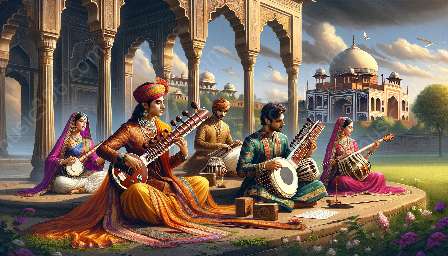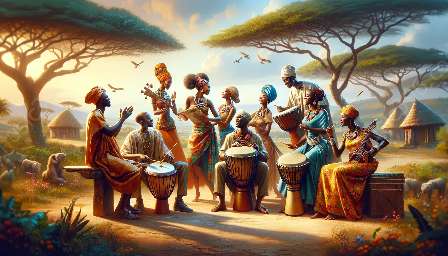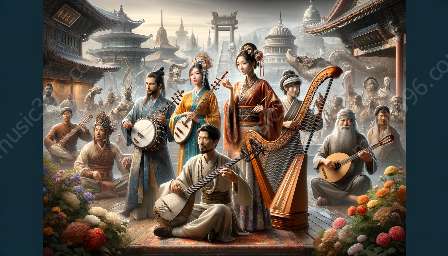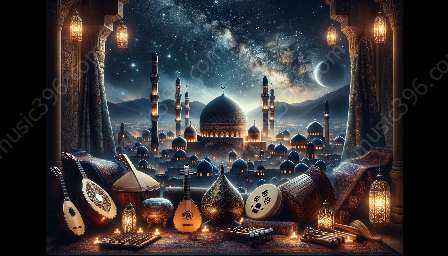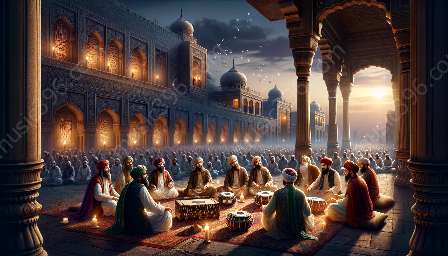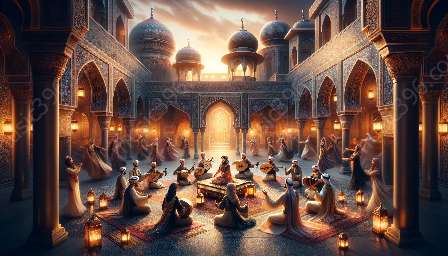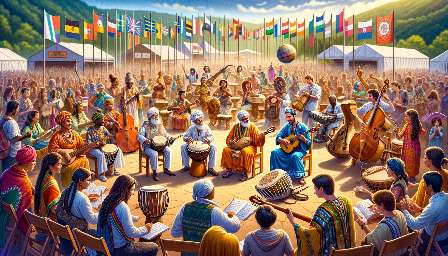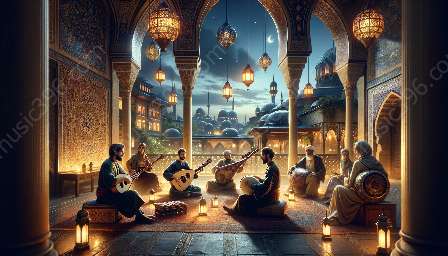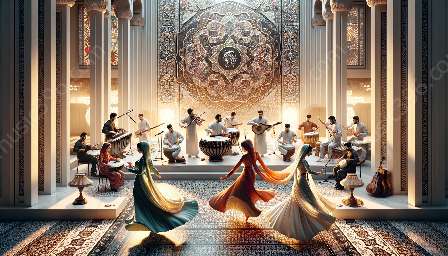Qawwali and Classical Music are two distinct musical traditions with deep roots and rich histories. In this comprehensive guide, we'll explore the unique characteristics of each genre, from the intricate rhythms and emotive melodies of Qawwali to the structured forms and improvisational elements of Classical Music.
The Essence of Qawwali
Qawwali, a form of Sufi devotional music, has its origins in South Asia, particularly in the mystical traditions of Pakistan and India. It is known for its powerful vocal performances, rhythmic patterns, and lyrical content that often revolves around themes of love, devotion, and spirituality.
The music typically features a lead vocalist known as the Qawwal, who delivers energetic and emotive renditions of Sufi poetry accompanied by a group of singers and instrumentalists. Qawwali performances are often characterized by a call-and-response format where the lead vocalist interacts with the ensemble and the audience, creating a dynamic and participatory atmosphere.
The instrumentation in Qawwali music typically includes the harmonium, tabla, dholak, and hand claps, creating a vibrant and rhythmic foundation for the evocative vocal melodies.
The Nuances of Classical Music
Classical Music, on the other hand, encompasses a diverse range of musical traditions, including Western classical music, Indian classical music, and various other regional classical traditions around the world.
One of the key distinctions of Classical Music is its emphasis on structured compositions, intricate melodies, and specific modes or raga systems in the case of Indian classical music.
Classical Music traditions often place a strong emphasis on technical precision, improvisational skills, and the mastery of complex rhythmic and melodic patterns.
Furthermore, the performance of Classical Music often involves compositions that have been passed down through generations, preserving the integrity of each tradition while allowing for individual expression and interpretation by the performers.
Comparing and Contrasting Qawwali and Classical Music
Although both Qawwali and Classical Music traditions are rooted in rich cultural heritages and strive for artistic excellence, there are several key differences that set them apart.
- Emotive Expression: Qawwali is known for its deeply emotive and spiritually charged vocal performances, creating an immersive and ecstatic experience for both performers and listeners. In contrast, Classical Music often prioritizes technical mastery and intricate melodic and rhythmic structures, placing less emphasis on overt emotive expression.
- Improvisation: While both genres involve elements of improvisation, Qawwali allows for more spontaneous and free-flowing improvisational exchanges between the lead vocalist and the ensemble, creating a sense of immediacy and communal engagement. In Classical Music, improvisation is often governed by established rules and frameworks within specific musical traditions.
- Textual Content: The lyrical content of Qawwali music primarily revolves around Sufi poetry, exploring themes of divine love, mysticism, and spiritual longing. In contrast, Classical Music compositions may draw inspiration from a variety of sources, including historical narratives, mythological themes, and emotional states, reflecting the diverse cultural and literary influences within each tradition.
- Performance Context: Qawwali performances are often associated with Sufi shrines, festivals, and religious gatherings, where the music serves as a means of spiritual connection, communal celebration, and ecstatic devotion. In contrast, Classical Music is often presented in concert halls, educational institutions, and formal performance settings, with an emphasis on artistic refinement and scholarly engagement.
Conclusion
By delving into the intricate rhythms, emotive melodies, and cultural significance of Qawwali and Classical Music, we gain a deeper appreciation for the diverse expressions of human creativity and spirituality across different musical traditions.
Both genres offer unique pathways to connect with the essence of the human experience, whether through the ecstatic fervor of Qawwali or the refined elegance of Classical Music, enriching our understanding of the vast tapestry of world music.



